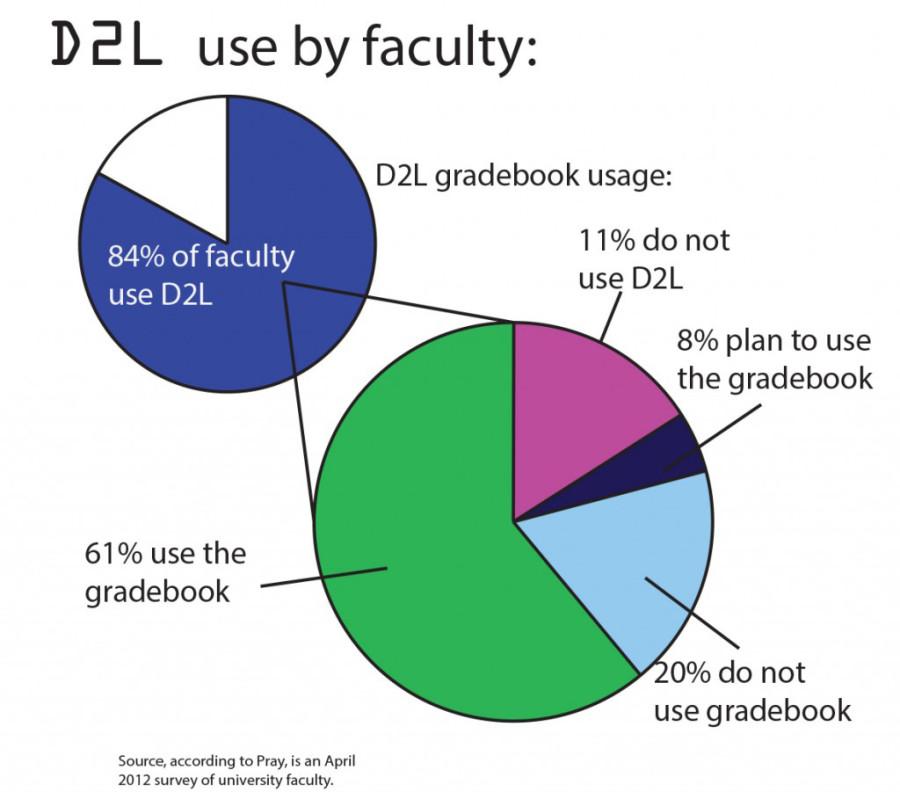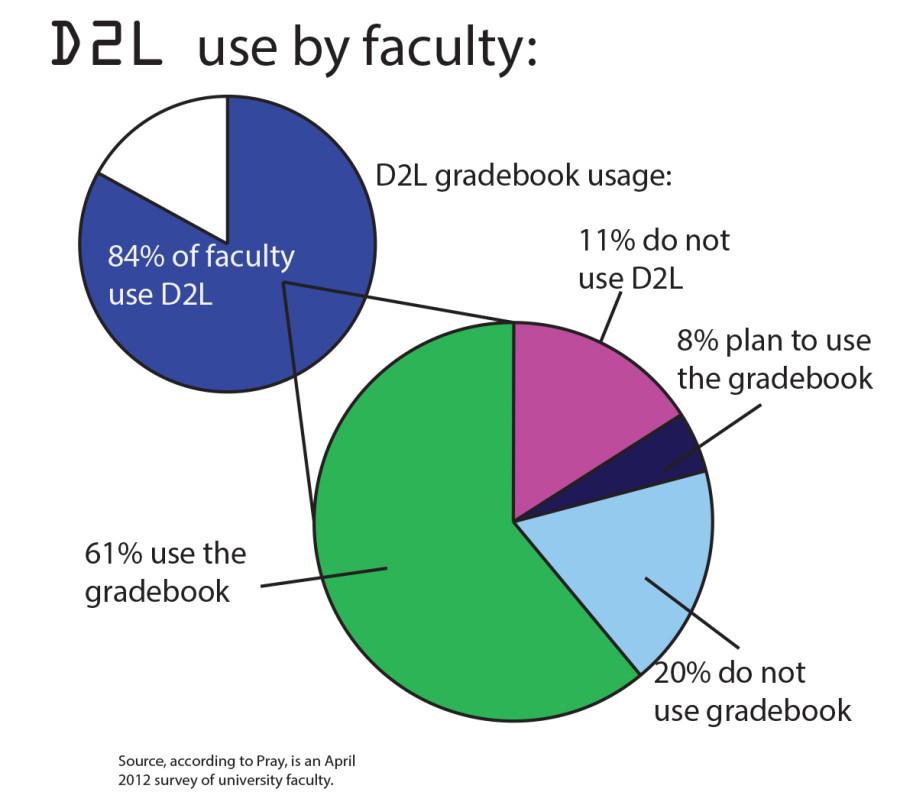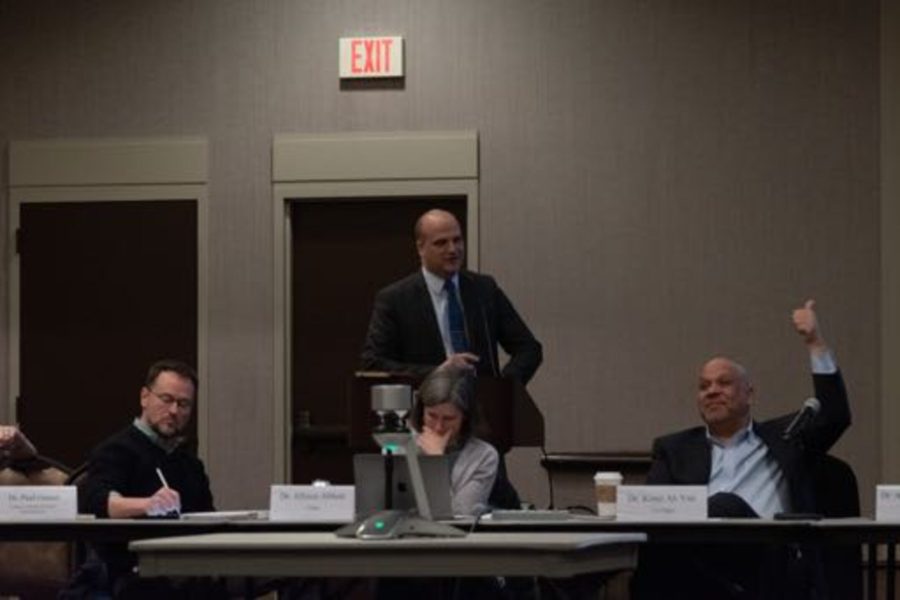The College of Communication announced in a Feb. 25 email to its students that the required number of credits for graduation will be reduced from 128 to 120 in fall 2015.
This announcement follows similar changes in curriculum. The College of Arts & Sciences recently publicized their curriculum change of required classes and credit hours from 128 to 120, which will also be in effect fall 2015.
In both the College of Arts & Sciences and College of Communication, incoming freshmen will automatically be enrolled in these curricula. Current students must opt into it if they feel it is beneficial to them.
“Students will be able to determine if they can benefit from changing bulletin years to 2015-2016 by using the ‘What If’ feature in CheckMarq to compare the new degree requirements with the old requirements,” said Joyce Wolburg, associate dean of the College of Communication, in the email announcement. “If changing bulletin years allows a student to graduate with fewer hours, the college office will help with the transition. If changing doesn’t benefit the student, there is no reason to change. ‘What If’ will become available in June when the 2015-’16 bulletin goes live.”
However, some colleges are not making major changes. Kerry Kosmoski-Goepfert, associate dean of the College of Nursing, said their curriculum is presently set, and they are not planning any changes. Associate dean for academic affairs at the College of Engineering, Mark Federle, also said their college will not be making any changes.
While John Su, director of the core of common studies, is not responsible for designing the college curricula, he said these changes give students a better academic opportunity.
“For the colleges who are reducing the total credits required for graduation, this is in line with graduation requirements at peer and aspirational institutions,” Su said. “This kind of change helps our students take a more manageable credit load and graduate on time, so Marquette is providing students the opportunity to improve the rigor of their academic experience.”
Wolburg also said students graduating in fall 2015 must declare their intent to change by Sept. 4, and all other students must do so by Dec. 11. Some students will choose not to change their bulletin because changes in the core of common studies, core curricula, majors and minors will add graduation requirements that were not in place the year they entered Marquette.
Regardless of whether or not students decide to change their curriculum requirements, Su said he urges all students to meet with their advisors.
“This is best seen as an opportunity for students to be more intentional in the design of their academic experience here,” Su said. “Students can work more closely with their advisors to develop greater depth in fields related to their primary major or to develop complementary skills. Or students might even pursue a passion that might not yet appear relevant, but which may prove crucial to their intellectual, emotional or spiritual growth down the road.”
Although these changes do not affect all students, Su said, they should still be viewed as a positive sign for Marquette as a higher institution.
“University curricula should be dynamic—academic disciplines are changing all the time, and societal expectations of what a university education means also change over time,” he said. “So revisions to college curricula can be seen as a positive sign that Marquette is attuned to shifts in the higher education landscape and determined to provide the best education possible for students.”














